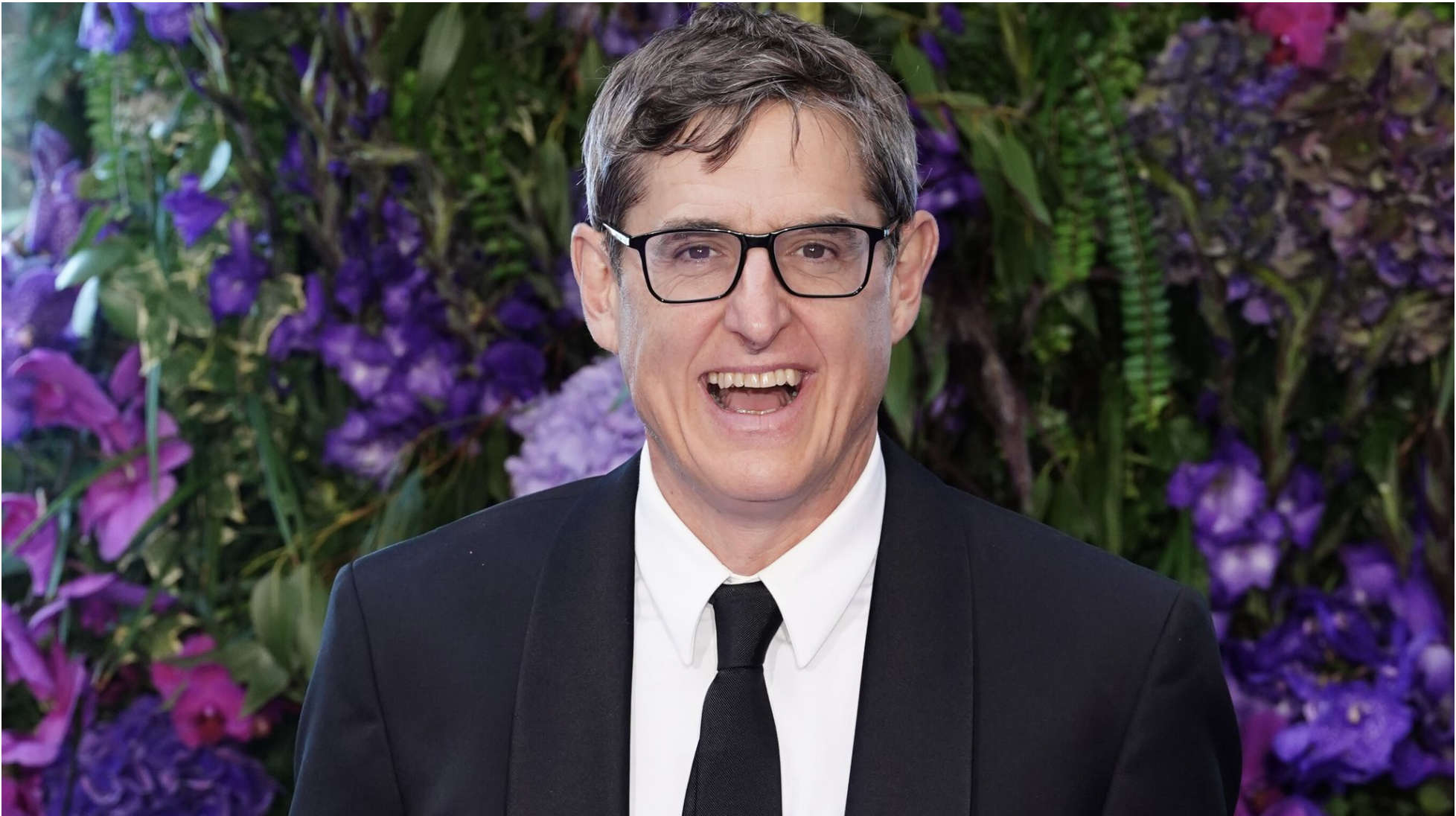
TV journalist Louis Theroux has interviewed everyone from porn stars to prisoners, known for deftly encouraging even the most combative or private interviewees to open up.
Theroux, who rose to fame with his Weird Weekends series 25 years ago, was asked to deliver this year's James MacTaggart Memorial lecture at the Edinburgh TV Festival, covering the challenges facing broadcasters "in the multi-platform universe".
He follows in the footsteps of historian David Olusoga, actress and producer Michaela Coel, and former BBC journalist Emily Maitlis - who hit out at her former employer when she gave the lecture in 2022.
In his speech, titled The Risk Of Not Taking Risks, Theroux made his case for the type of journalism he is known for, in an era when it might sometimes be easier for TV bosses to play it safe.
The documentary-maker reflected on his own career as well as the current state of the BBC, with whom he has made a large number of programmes.
"If I'm honest, I find the new world we are in troubling and exciting in roughly equal measure," he told his audience of TV bosses and industry experts...
"I am a contrarian and I appreciate seeing a complacent old guard discomfited by a grubby insurrectionary crowd of digital sans-culottes. But I also value truth and honesty and the rule of law."
Here are five key points from his speech to TV bosses:
Tackling tricky subjects in 2023
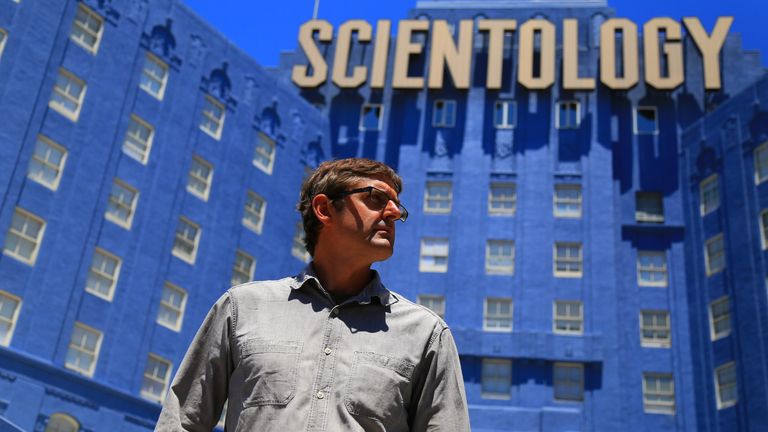
Dicussing changing attitudes to representation and power, Theroux said:
"We are, I'm happy to say, more thoughtful about representation, about who gets to tell what story, about power and privilege, about the need not to wantonly give offence. I am fully signed up to that agenda.
"But I wonder if there is something else going on as well. That the very laudable aims of not giving offence have created an atmosphere of anxiety that sometimes leads to less confident, less morally complex filmmaking.
"And that the precepts of sensitivity have come into conflict with the words inscribed into the walls of New Broadcasting House, attributed to George Orwell: 'If Liberty means anything at all, it means the right to tell people what they do not want to hear.'
"And that as a result, programmes about extremists and sex workers and paedophiles might be harder to get commissioned."
'The Tates and the Trumps'
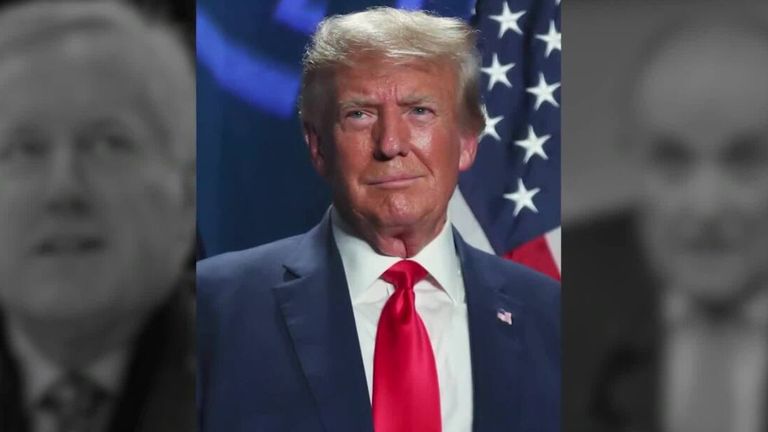
Theroux warned of the danger of looking away from more extreme and provocative corners of the internet out of fears of platforming hate and misinformation.
"With so much madness around, it's tempting to ignore what's out there. To not amplify it. Hope it goes away. To not platform it. Avoid the risk... I think that's wrong."
Theroux went on to reference former US president Donald Trump and controversial influencer Andrew Tate.
"Much of the new world epitomised by the Trumps and the Tates is based on the idea of monetising provocation. It relies on pushing people's buttons to get our attention," he said. "Spreading sexism, racism, homophobia, sometimes dressing it up as irony, or comedy, while promoting a bigoted agenda. They do this both for both fun and profit."
The debate surrounding the platforming of hate and misinformation "could be compared to debates around food and diet and the proper labelling of sugar and fat", he said.
"As with junk food, so too with junk facts. People can consume what they like but we could all do with a little help being nudged towards healthier choices, rather than having the information equivalent of chocolate bars on a two-for-one offer stacked in our eyeline every time we turn on our phones.
"I understand all of this. I share the urge to switch off all the negativity. To turn one's attention elsewhere. To not feed the trolls. To never go anywhere near the trolls. I understand the need to consider people's wellbeing. To think through all the possible prejudices that may be contained in programmes. The impact of jokes and unconscious bias. All of the multiple ways in which a TV show can do harm.
"But it's also true that there is a big difference between platforming and doing challenging journalism about controversial subjects."
'There was an urge to depict him in ever more lurid terms'
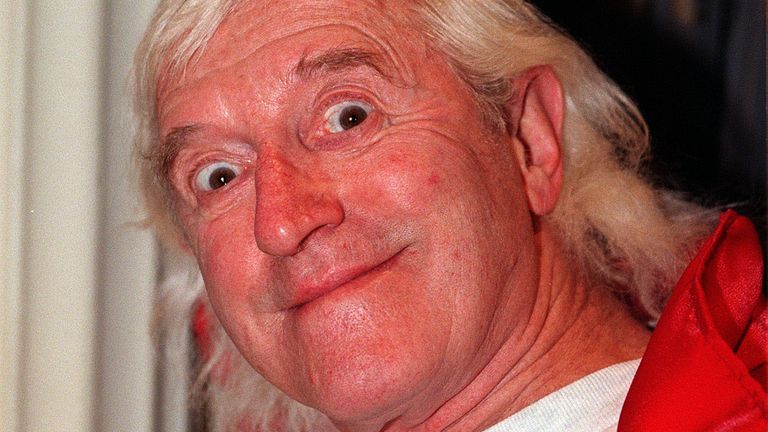
Theroux made two programmes about Jimmy Savile, and addressed these during the lecture. The first was in 2000, when he filmed with the DJ and TV fundraiser over 10 days, before his crimes were fully uncovered after his death in 2011. The second was made in 2016, looking at how he escaped notice as a serial sex offender for so long.
The first "did not entail huge risk on my part", Theroux said, and at the time he was nervous mainly because he was worried Savile was "over the hill" and "past-it".
The follow-up was very different. "I was among many examining their consciences to figure out if there was anything I could have done differently," Theroux said. "In making a second programme, I wanted to do justice to the scale of the harm he had caused. That, in itself, felt like a lot of pressure."
However, he said the "more worrying" issue was dealing with unconfirmed allegations, such as claims Savile had "dismembered small children" and been involved in "satanic rituals".
"The outrage at his crimes was so convulsive, there was also an urge to depict them in ever more lurid terms," he said. "None of this had been credibly reported, but there were many who believed it might be true, and pushing back, making the case for a judicious weighing of the evidence, laid one open to charges of 'minimising'."
The "high-risk approach", he said, was actually "to take a considered and dispassionate look", keep "a forensic and questioning attitude" - and "not ignore the fact that for 40 years he charmed an audience of millions".
On the BBC's 'no-win' situation
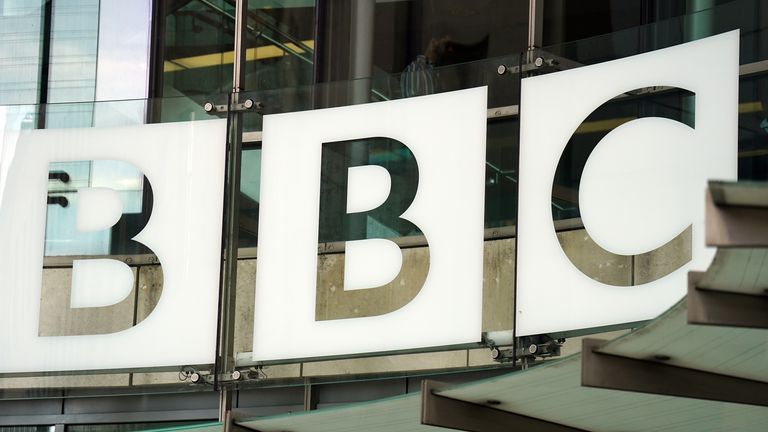
Theroux said he understood why traditional TV makers might be fearful of taking risks.
"From working so many years at the BBC, and still making programmes for the BBC, I see all-too-well the no-win situation it often finds itself in. Trying to anticipate the latest volleys of criticisms. Stampeded by this or that interest group. Avoiding offence.
"Often the criticisms come from its own former employees, writing for privately owned newspapers whose proprietors would be all too happy to see their competition eliminated. And so there is the temptation to lay low, to play it safe, to avoid the difficult subjects.
"But in avoiding those pinch points, the unresolved areas of culture where our anxieties and our painful dilemmas lie, we aren't just failing to do our jobs, we are missing our greatest opportunities... and what after all is the alternative? Playing it safe. Following a formula. That may be a route to success for some. It never worked for me."
Why he's not scared of AI
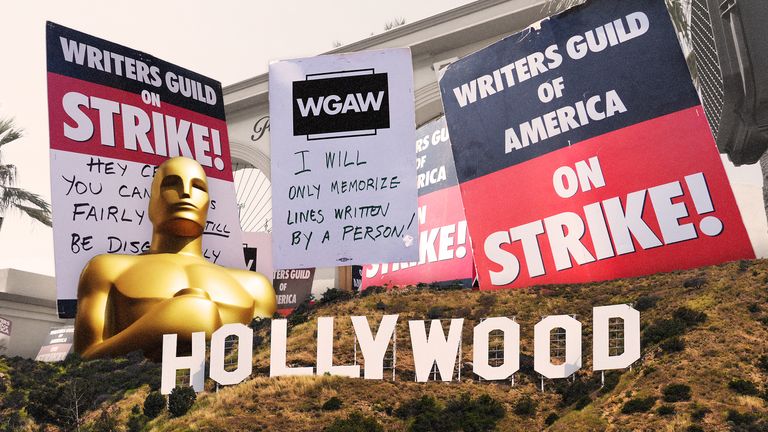
Early in his speech, Theroux addressed deepfakes and artificial intelligence (AI), saying Hollywood writers are striking, "among other reasons, because of valid concerns over robots cannibalising their creativity".
He expanded on this later on, saying he does not "overly worry about a takeover by AI" in the type of programmes he makes. "I say this not as an expert on AI," he said, "but as an expert on humans.
"We've all seen the amazing results AI can produce. In a few years it may be able to write a passable sitcom or action movie. Or a MacTaggart. Maybe an excellent one. Maybe one better than this. But what it won't be able to do is take risks. Because risk involves danger. And there's no danger for machines. Risk involves real feeling. The possibility of humiliation, embarrassment, failure.
"Humans experience all those emotions and more... we connect over the frailties we have in common. We feed on the recognition of the common lot of human weakness. And when we recognise something real, there's no substitute for it."

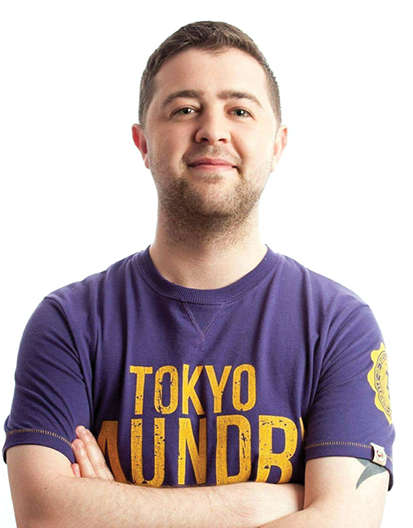
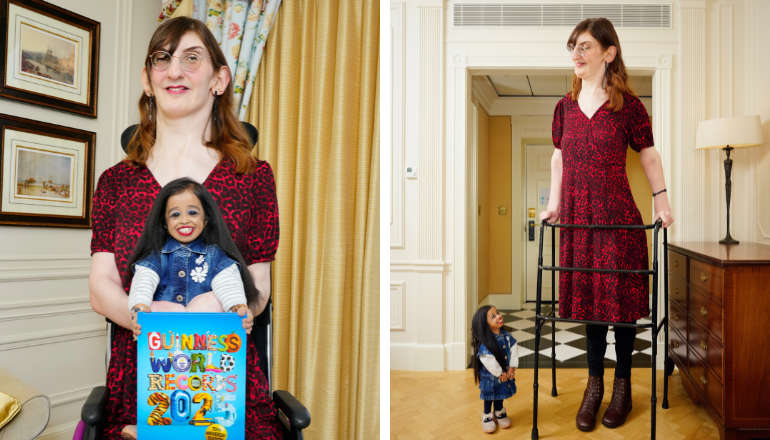 World's Tallest And Shortest Women Meet For First Time To Celebrate Guinness World Records Day 2024
World's Tallest And Shortest Women Meet For First Time To Celebrate Guinness World Records Day 2024
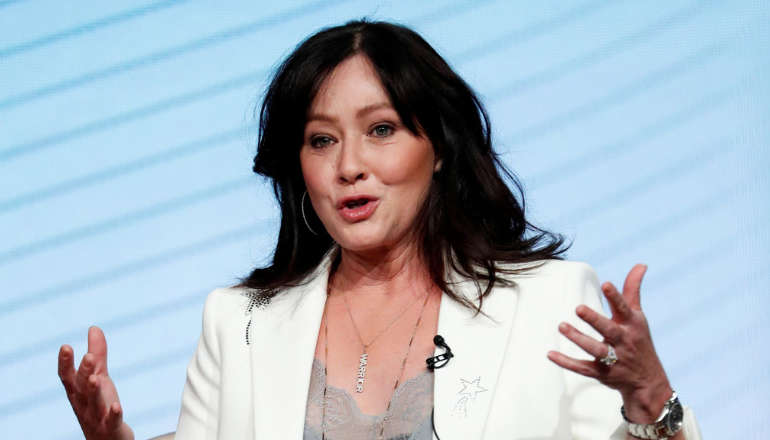 Shannen Doherty: Beverly Hills, 90210 Star Dies Aged 53
Shannen Doherty: Beverly Hills, 90210 Star Dies Aged 53
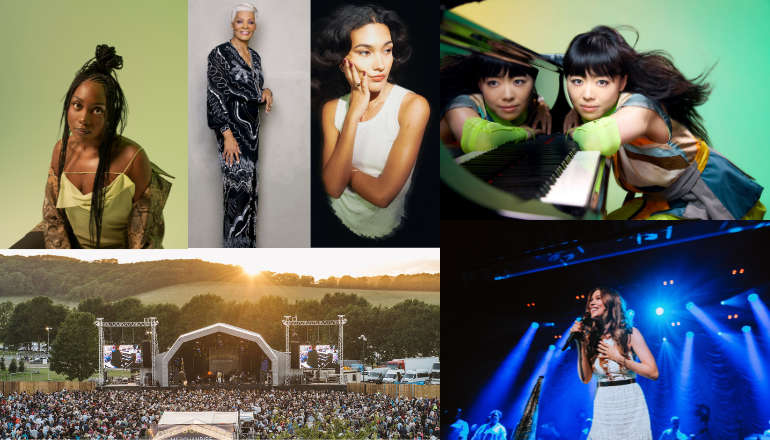 Olivia Dean, Chaka Khan, Terence Trent D’Arby And Dionne Warwick Confirmed For Star-Studded Love Supreme
Olivia Dean, Chaka Khan, Terence Trent D’Arby And Dionne Warwick Confirmed For Star-Studded Love Supreme
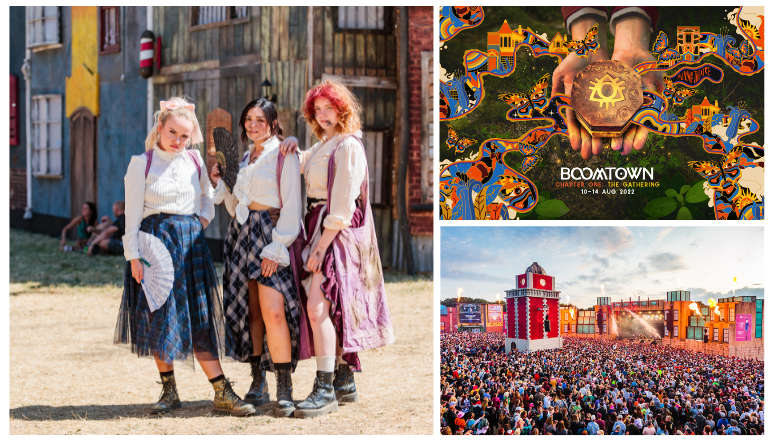 Boom Shakes The Room — Explosion of Colour And Happy Vibes At Spellbinding Gathering
Boom Shakes The Room — Explosion of Colour And Happy Vibes At Spellbinding Gathering
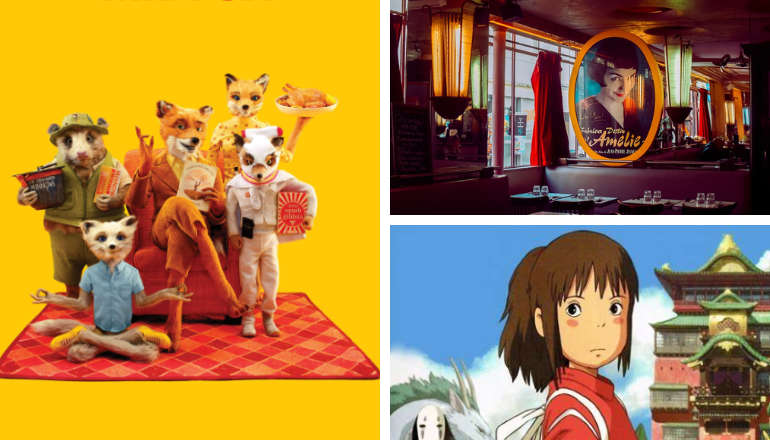 Struggling To Sleep? New Research Names The Movies That Will Help
Struggling To Sleep? New Research Names The Movies That Will Help